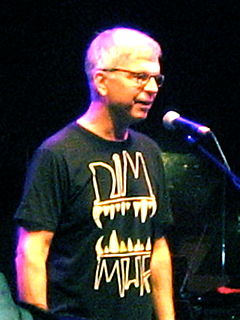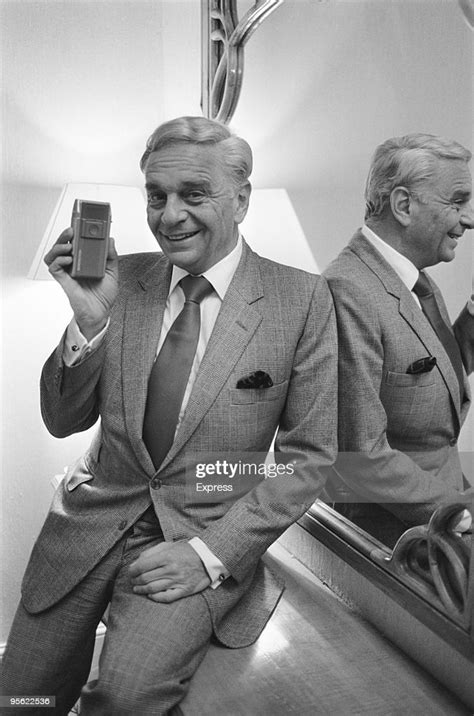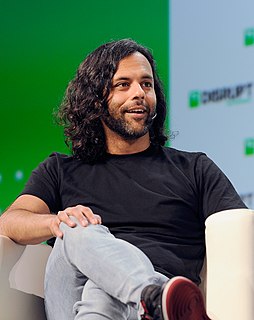A Quote by Mark McGrath
When you become a commodity to a record label because you're making them millions of dollars, you can take all of your artistic integrity and throw it out the window.
Related Quotes
In reality, every single negotiation involves another commodity that's far more important to us, which is time - minutes, hours, our investment in time. So even if you're talking about dollars, the commodity of time is always there because there has to be a discussion about how the commodity of dollars is moved.
Every time I meet the CEO of a record label I tell them how they did it in the seventies because they want to know. I tell them, "Sign a hundred people! Throw it against the wall and see which ones stick!" And they frown and say, "Oh, we can't do that!" and they start mumbling about demographics and this and that.
Though negotiations are a rough game, you should never allow them to become a dirty game. Once you've agreed to a deal, don't back out of it unless the other party fails to deliver as promised. Your handshake is your bond. As far as I'm concerned, a handshake is worth more than a signed contract. As an entrepreneur, a reputation for integrity is your most valuable commodity. If you try to put something over on someone, it will come back to haunt you.



































